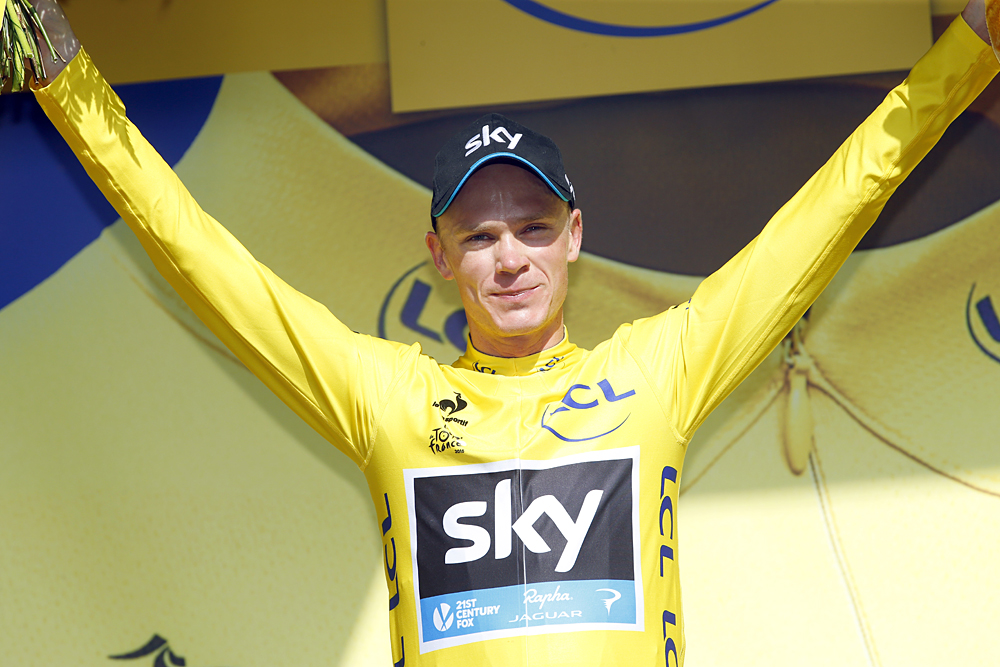Boardman praises Froome's decision to publish data, calls on others to follow suit
Former Olympic gold medalist argues that "more is better"

Retired British cycling champion Chris Boardman has told Cyclingnews he believes that Chris Froome's decision to release some of his physiological data late last week was the right one.
Boardman's argument centres on the idea that the more information of this nature that is in the public domain, the better, and he called on other riders to follow suit - although some top names like Tom Dumoulin (Giant-Alpecin) and Thibaut Pinot (FDJ) have already preceded Froome.
As for the risk that too much raw data could provide fodder for inaccurate conjecture rather than benefit genuine debate, Boardman argued to Cyclingnews "you've got to get through that. If you're not doing anything wrong - people are already saying that climb's too fast, and this and that - so if you put the genuine data out there then [those raising suspicions] are just wrong, so why not really?"
Working as a TV commentator on the Tour de France, Boardman praised the way that Froome handled doping allegations this summer. "He came out of it looking very good, it was a reaction [by a French TV channel] to one really good stage but by the end of the Tour [Team Sky] looked anything but superhuman. But it was a media organisation that had, in that instance, gone all in on one thing, found a guest who would support a story and that's the scientific approach they had."
Boardman pointed out that as the race continued, Sky's supposed domination disappeared - as Froome got ill and other teammates like Geraint Thomas found themselves in difficulty. By the second to last mountain stage, Froome was on the defensive and it "all went down to under a minute on the very final climb [to Alpe d'Huez]."
The three-time Tour de France prologue winner argues that it is inevitable in the post-Armstrong era that there will be a collective regret and that a total certainty of innocence is not possible, and Froome, as the sport's leading stage racer, will be the focal point of that wish for complete clarity.
Froome's data was published this December. Releasing data of live performances during a stage itself, Boardman says, could not only benefit cycling's image but could also contribute to media and spectator interest, as it does in other sports. "You've got so much info in Formula One on the screen all the time; it keeps the whole thing fresh."
The latest race content, interviews, features, reviews and expert buying guides, direct to your inbox!
On stages with six hours of racing broadcast live, for example, such 'extra' information could assist in maintaining fans attention, "before you get to that fantastic bit at the end. All that will help the sport, never mind about giving it credibility. I'd like to see [data released] across the board, that would be great."
Alasdair Fotheringham has been reporting on cycling since 1991. He has covered every Tour de France since 1992 bar one, as well as numerous other bike races of all shapes and sizes, ranging from the Olympic Games in 2008 to the now sadly defunct Subida a Urkiola hill climb in Spain. As well as working for Cyclingnews, he has also written for The Independent, The Guardian, ProCycling, The Express and Reuters.
